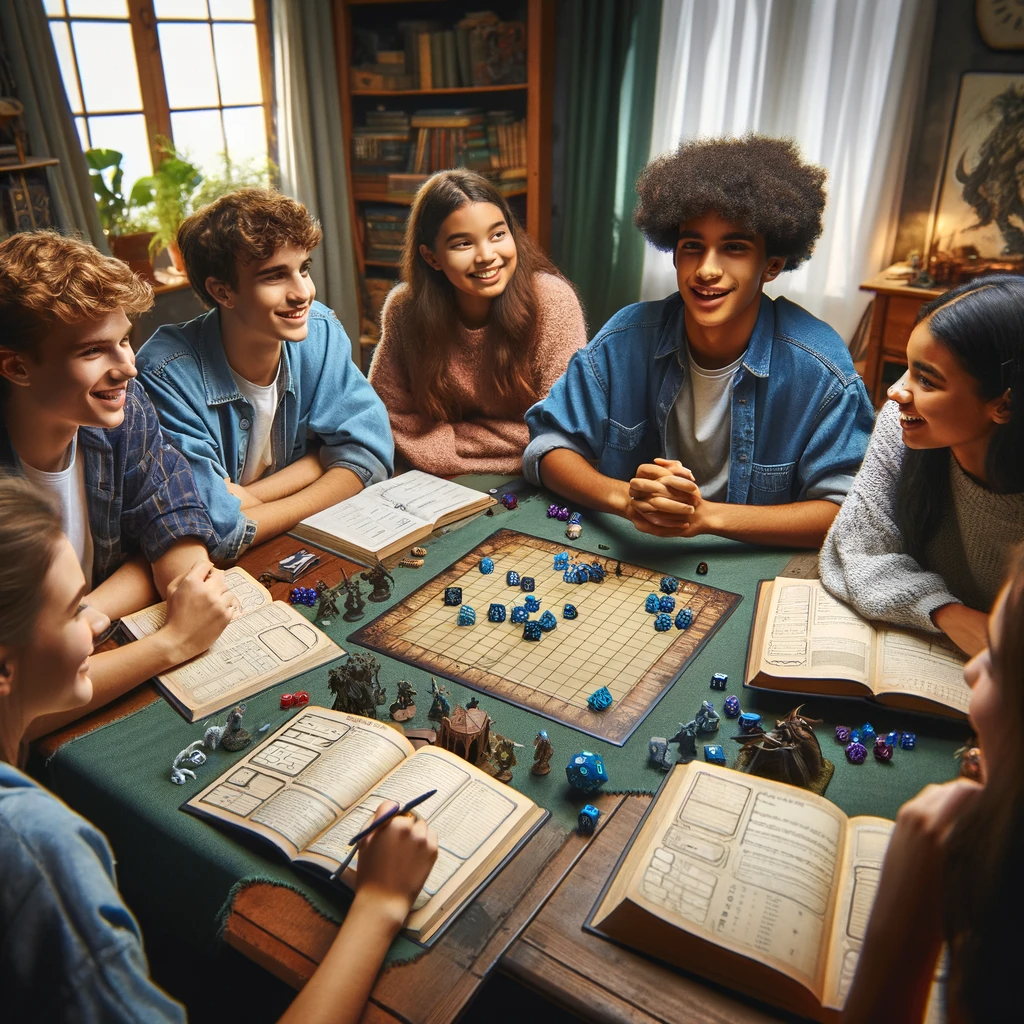Role-playing games RPGs have evolved beyond their traditional combat-centric frameworks to become potent tools for fostering critical thinking and problem-solving skills. At their core, RPGs immerse players in complex, narrative-driven worlds where they assume the roles of diverse characters, navigating challenges that require creative solutions and collaborative efforts. This engagement cultivates a range of cognitive skills, as players are frequently called upon to analyze situations, weigh options, and make decisions with far-reaching consequences. One of the most significant aspects of RPGs is their emphasis on storytelling, which encourages players to think critically about character motivations, moral dilemmas, and the broader implications of their actions. For example, a player may face a scenario where their character must decide between saving a village from an imminent threat or pursuing a personal quest that could benefit their team. Such decisions prompt players to consider various factors, including the potential impact on the game world and the ethical implications of their choices. This level of engagement fosters an environment where players must articulate their reasoning, debate potential outcomes with peers, and reflect on their values, thereby enhancing their ability to analyze complex situations critically.

Additionally, RPGs dnd store san antonio often require players to collaborate to overcome challenges, whether through forming alliances, strategizing for quests, or sharing knowledge about game mechanics. This cooperative gameplay fosters communication skills and group problem-solving abilities, as players must articulate their ideas, negotiate roles, and build consensus on the best course of action. In this context, players learn to appreciate different perspectives, adapt their strategies based on group dynamics, and develop leadership skills. The collaborative nature of RPGs also mirrors real-world scenarios, where teamwork and collective problem-solving are vital in various fields, from business to community activism. Moreover, many RPGs incorporate puzzles and obstacles that require creative problem-solving. For instance, players might encounter a locked door that can only be opened by solving a riddle or devising a clever distraction to bypass a guard. These scenarios not only challenge players’ logic and reasoning abilities but also encourage innovative thinking as they explore unconventional solutions.
This iterative process of trial and error is a fundamental aspect of critical thinking, reinforcing the importance of resilience and adaptability in the face of adversity. Furthermore, the immersive environments of RPGs allow players to experiment with different strategies and outcomes without real-world repercussions. This safe space for exploration fosters a growth mindset, encouraging players to take risks and learn from failures. The lessons learned in these fictional settings can translate to real-life situations, equipping individuals with the confidence to tackle challenges head-on and approach problem-solving with a more open and creative mindset. In conclusion, RPGs serve as valuable tools for developing critical thinking and problem-solving skills through their emphasis on storytelling, collaboration, and creativity. By engaging players in complex narratives and challenging scenarios, these games not only entertain but also prepare individuals to navigate the multifaceted challenges of the real world, enhancing their cognitive abilities and fostering a more profound understanding of the dynamics of teamwork and strategic thinking.